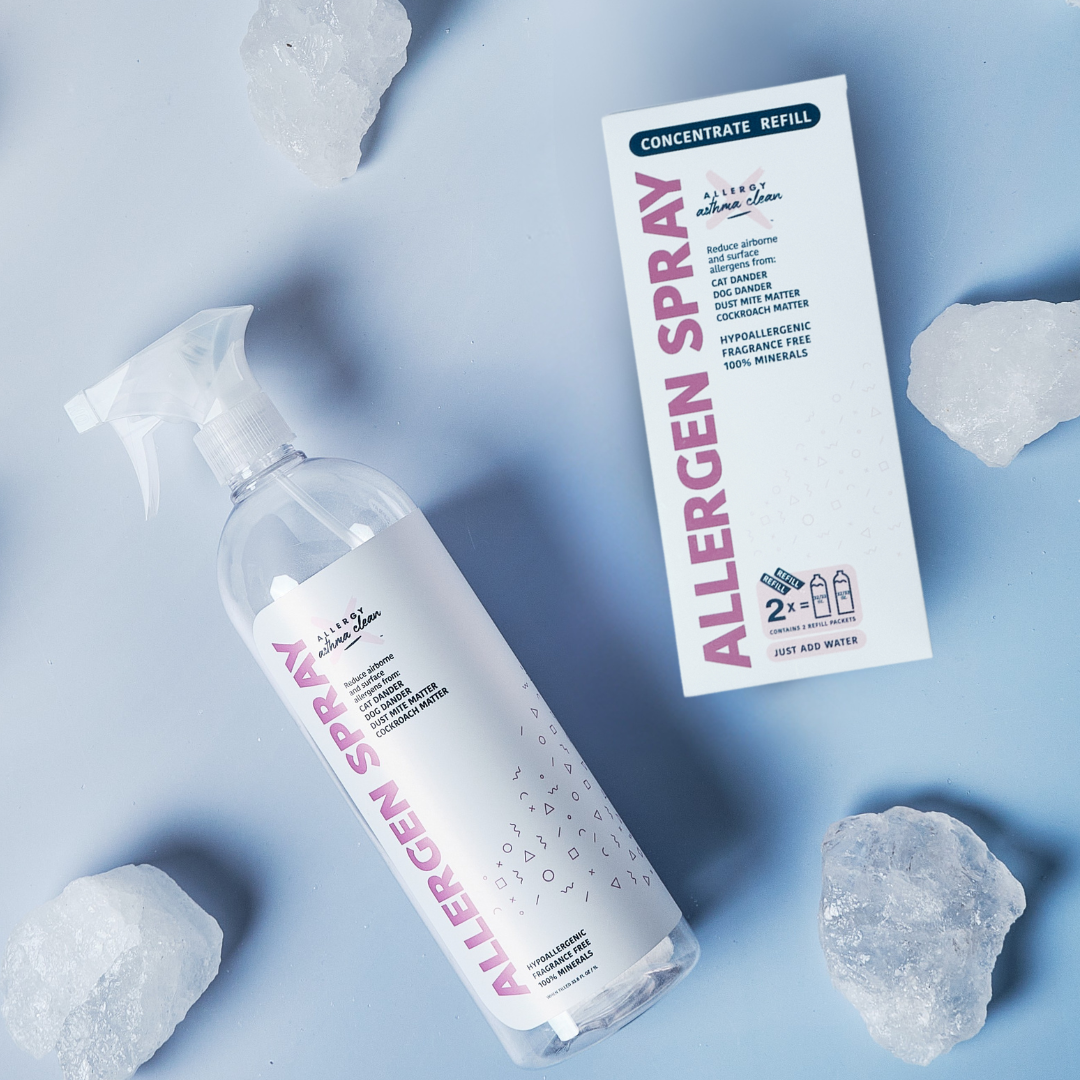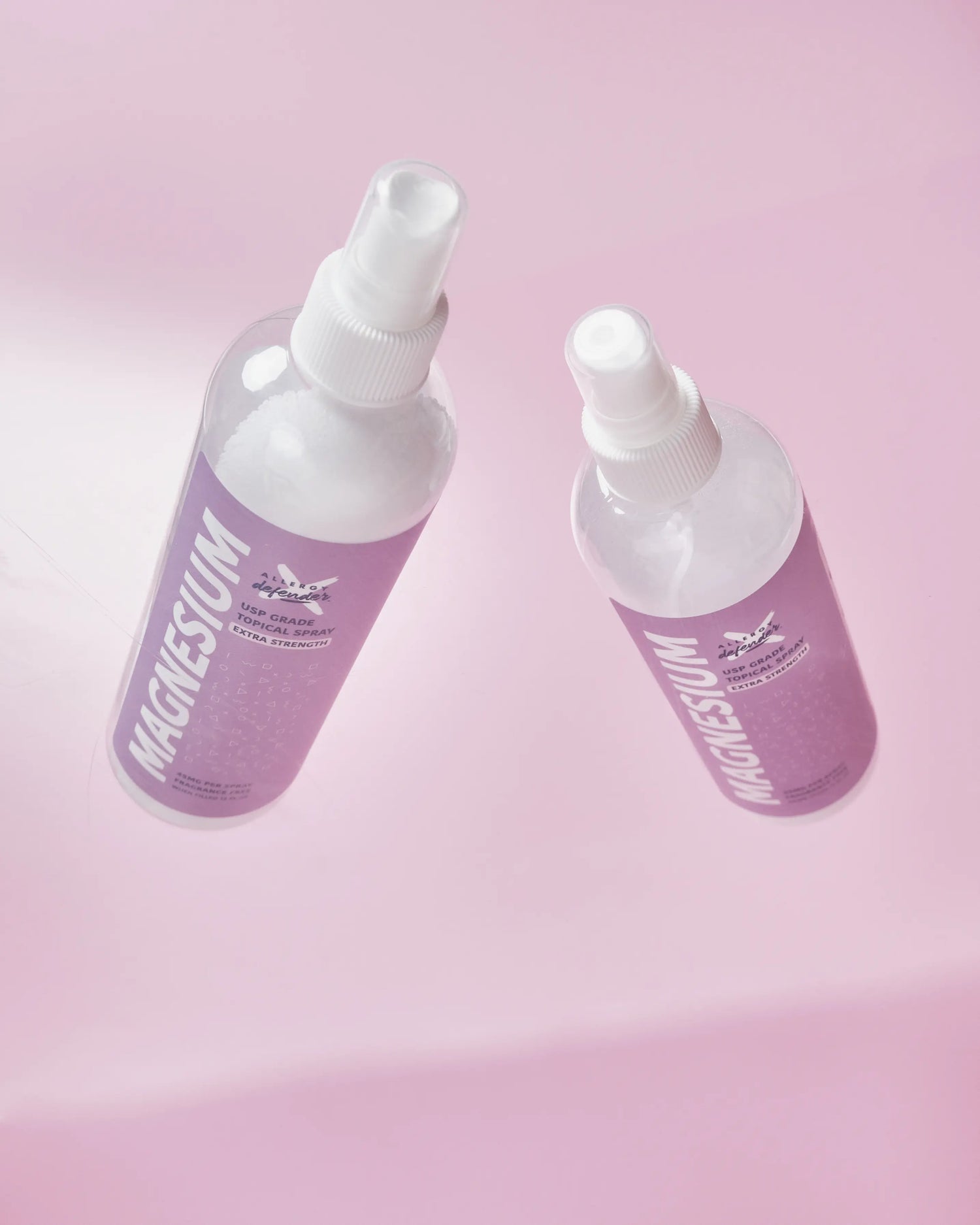Managing Seasonal Allergies and Hay Fever: Your Ultimate Guide
Seasonal allergies, also known as hay fever, occur when pollen from trees, grasses, or weeds triggers immune reactions that cause sneezing, congestion, itchy eyes, and fatigue. Managing pollen allergies starts with prevention — monitoring pollen counts, limiting outdoor exposure, and keeping indoor air clean.
Support your immune system with vitamin C, omega-3s, and probiotics, and stay hydrated to reduce inflammation. Use antihistamines, nasal sprays, or eye drops for symptom relief, and try natural remedies like supplements.
If symptoms persist, consult an allergist for immunotherapy (allergy shots) or prescription-strength treatments. With the right approach, you can minimize discomfort and enjoy each season without letting allergies hold you back.
Key Takeaways
-
Seasonal allergies (hay fever) are immune responses to tree, grass, and weed pollen that cause sneezing, congestion, and itchy eyes.
-
Track pollen counts daily and plan outdoor time when levels are lower.
-
Keep indoor air clean with HEPA filters, air purifiers, and by closing windows during high pollen seasons.
-
Shower and change clothes after outdoor activities to reduce pollen exposure.
-
Diet matters: eat foods rich in vitamin C, omega-3 fatty acids, and probiotics to support immune balance.
-
Hydration and exercise help reduce inflammation and ease congestion.
-
Over-the-counter antihistamines and nasal sprays offer quick relief for moderate symptoms.
-
See an allergist if your hay fever symptoms persist for customized treatment or immunotherapy options.
Managing Seasonal Allergies and Hay Fever: Your Ultimate Guide
As the seasons change, millions of people experience the unfortunate symptoms of seasonal allergies, aka hay fever. If you're among those who dread the onset of spring or fall due to sneezing, itchy eyes, and congestion, this guide is for you. Whether you're looking for natural remedies, understanding the science behind your symptoms, or seeking effective over-the-counter products, we've got you covered. Let's explore how to manage and alleviate the discomfort of seasonal allergies.
Understanding Seasonal Allergies and Hay Fever
Seasonal allergies, often referred to as hay fever, are allergic reactions triggered by pollen from trees, grasses, and weeds. When these tiny particles become airborne, they can cause havoc for sensitive individuals. Understanding the root causes and symptoms can empower you to take control of those allergies.
What Causes Seasonal Allergies?
The primary culprits of seasonal allergies are:
- Tree Pollen: Common in early spring, with birch, cedar, and oak being major contributors.
- Grass Pollen: Peaks in late spring and early summer, with ryegrass and Timothy grass being prevalent.
- Weed Pollen: Ragweed is notorious in late summer and fall for causing severe allergic reactions.
Common Symptoms of Hay Fever
Hay fever symptoms can vary in intensity but typically include:
- Sneezing and coughing
- Runny or stuffy nose
- Itchy eyes, nose, and throat
- Watery eyes and dark circles under the eyes
Strategies to Managing your Seasonal Allergies and Hay Fever
Managing hay fever involves a combination of preventative measures, lifestyle adjustments, and targeted treatments. Here's how you can start:
Minimize Pollen Exposure
- Check the Pollen Forecast: Use apps or websites to monitor daily pollen levels and plan outdoor activities accordingly.
- Keep Windows Closed: Use air conditioning to filter out pollen, especially during high pollen seasons.
- Shower and Change Clothes: After spending time outdoors, remove pollen from your skin and hair by taking a shower and changing clothes.
Diet and Lifestyle Adjustments
Adapting your diet and lifestyle can make a significant difference in managing allergy symptoms:
- Boost Your Immune System: Incorporate foods rich in vitamin C, omega-3 fatty acids, and probiotics to support immune health.
- Stay Hydrated: Drink plenty of water to help thin mucus and ease congestion.
- Exercise Regularly: Physical activity can help reduce inflammation and improve overall respiratory function. To be honest, exercise is vital for everyone. And if you're older, exercise is even more important.
Over-the-Counter Products and Treatments
When lifestyle changes aren't enough, over-the-counter products can provide relief:
Antihistamines
These help block histamine, a chemical your body releases during an allergic reaction. These are the drug names, not the popular names that everyone calls them by:
- Loratadine
- Cetirizine
- Fexofenadine
Nasal Sprays
Nasal corticosteroids reduce inflammation and are effective for nasal symptoms. Again, these are the drug names, not the popular names that everyone calls them by:
- Fluticasone
- Triamcinolone
Eye Drops
For itchy and watery eyes, consider using antihistamine eye drops. They can provide quick relief from discomfort.
Natural Remedies for Allergy Relief
If you prefer natural approaches, consider these remedies:
Herbal Teas
Teas made from ginger, nettle, or chamomile can soothe your symptoms, thanks to their natural anti-inflammatory properties.
Adding natural supplements like EnviroDefender to your wellness routine can help reduce inflammation, strengthen your immune system, and ease allergy symptoms naturally. Always consult a healthcare provider before starting new supplements, especially if you have existing conditions or take medications.
When to See a Doctor
If over-the-counter options and home remedies aren't providing relief, or if your symptoms are severe, it may be time to consult a healthcare professional. They can offer prescription medication or allergy shots, which can be more effective for chronic sufferers.
Conclusion for Seasonal Allergies and Hay Fever
Seasonal allergies and hay fever can be challenging, but with the right strategies and treatments, you can significantly reduce your symptoms and enjoy the seasons without discomfort. Begin by implementing some of the tips mentioned in this guide, and consider trying various products and remedies to determine what works best for you. Remember, you don't have to suffer in silence. Take control of your allergies and embrace a healthier, more comfortable life.
For more tips and product recommendations, subscribe to our newsletter and stay updated on the latest in allergy relief.



